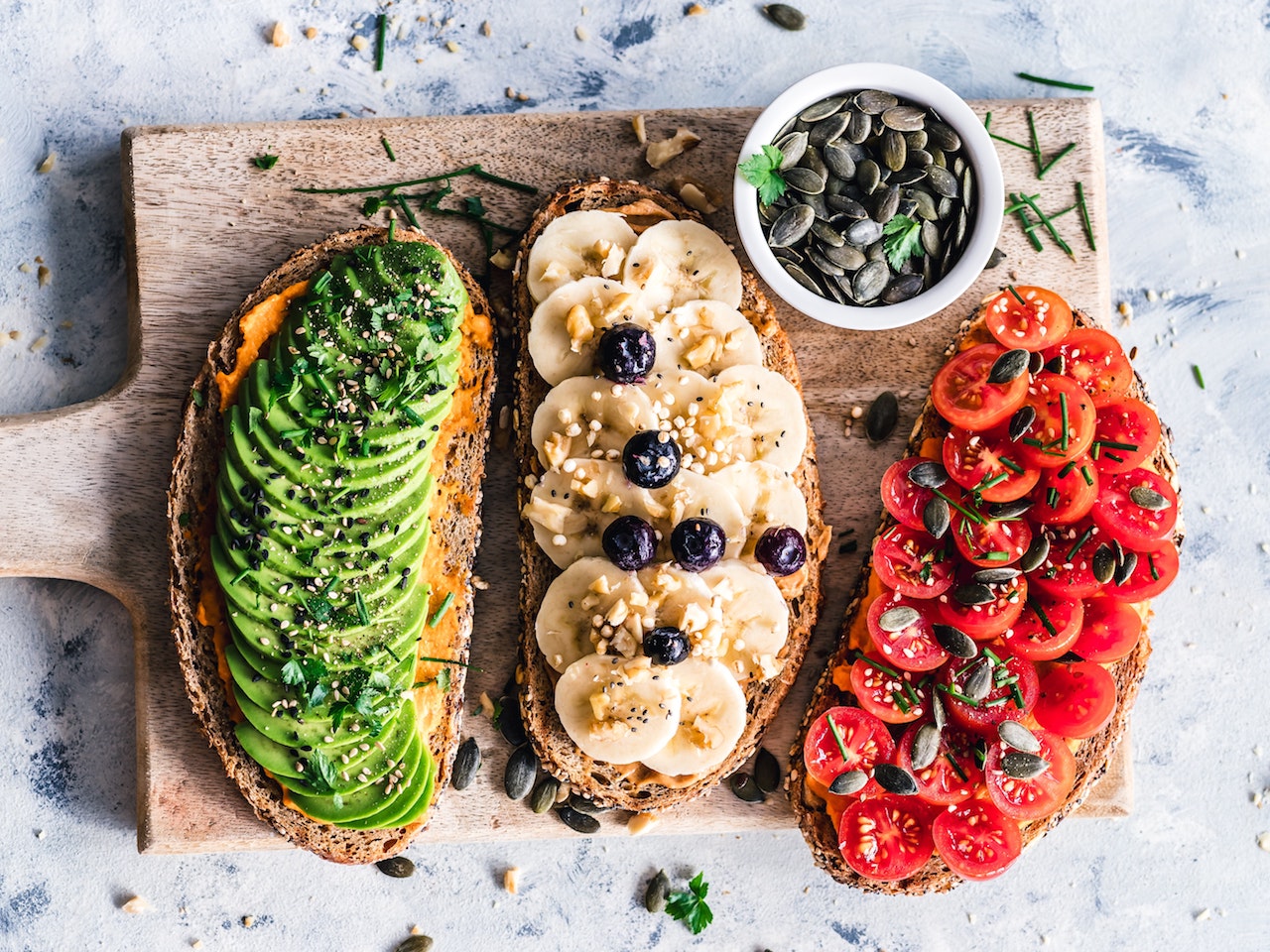June is Bowel Cancer Awareness Month and I was recently surprised to learn that, according to the American Cancer Society, almost 55% of bowel cancer cases may be attributable to modifiable risk factors.
I am focusing on the key nutritional modifiable risk factors and how to make healthier choices.
Alcohol
A common way for many people to end their day is by sitting down to a glass of wine or beer and using this as a way to unwind and relax.
Unfortunately, consuming more then 1 alcoholic drink per day is associated with an increased risk of bowel cancer. If drinking alcohol daily has become the norm for you, especially during isolation, use this awareness as motivation to rethink your drinking habits.
If you are a creature of habit and don’t like the thought of reducing alcohol intake, here are a few tips to get you started:
- Commit to a few alcohol free days per week, the more the better. Stick to the same days each week so it can more easily become part of your routine.
- Find alternative ways to relax and unwind, for example exercise, talking to a friend, engaging in a hobby, taking a bath or getting a massage.
- Find a beverage you like equally as much – for example non-alcoholic gin or a mocktail using sparkling coconut water, fruit and herbs.
Red Meat and Processed Meat
If you consume red meat, research suggests we should limit our intake to not more than 500g per week (cooked weight) and processed meats such as bacon and ham should be avoided where possible.
If you struggle to see how you could reduce your intake, here are some ways to still include it in your daily diet but in a healthier way:
- Use a marinade – marinades rich in antioxidant herbs and spices such as rosemary, sage, garlic, marjoram and thyme can reduce the formation of carcinogens.
- Avoid burning meat by cooking it at lower temperatures eg slow cooking – perfect for winter!
- Eat meat alongside salad or vegetables to increase the overall antioxidant content of the meal
- Be brave and try plant-based meat, you may be surprised by how closely it resembles real meat!
- Choose lean cuts of meat to cut back on saturated fat
- Reduce the portion of meat in your meals, for example
- Kebabs: do half meat and half veggies
- Bolognese: half mince and half lentils
- Stew or curry: half meat and half sweet potato, cauliflower or chickpeas
- Stir-fry: half meat and half tofu
- BBQ: half meat and half tofu or stuffed mushrooms
Wholegrains and Dietary Fibre
It’s well known that adequate dietary fibre is an important factor in reducing the risk of bowel cancer.
However, many of us are not reaching our daily fibre targets, which is 30g per day for adult men and 25g per day for adult women. An easy way to approach this is to aim for around 10g per main meal.
If you currently don’t eat much fibre, its best to slowly increase your fibre intake otherwise you can experience symptoms such as bloating, gas and increased bowel movements, which can unnecessarily put you off fibre rich foods!
As an example of how to easily get enough fibre daily spread across your 3 main meals:
Breakfast:
Porridge made using:
½ cup raw oats = 4.5g
1 pear grated with skin = 5.5g
10g chia seeds = 3g
Total fibre: 13g
Lunch
Salad using protein of choice (optional) +
½ cup cooked quinoa = 4g
1 cup veggies (eg broccoli, sweet potato, cauliflower etc) = 5g
30g macadamia nuts = 2g
Total fibre: 11g
Dinner
1 cup lentil and veggie Bolognese = 12g
served with 100g brown rice pasta = 2.5g
Total fibre: 14.5g
I do often get asked which foods contain fibre, so here is a quick guide to help you choose fibre rich foods to enjoy daily:
Fruit
1 pear with skin = 5.5g
1 medium apple = 4.5g
1 banana = 3g
1 cup strawberries = 3g
2 dried figs = 1.5g
Wholegrains
1 cup raw oats = 9g
1 cup cooked quinoa = 8g
¼ cup oat bran = 6.5g
1 cup cooked buckwheat = 4.5g
2 slices wholemeal bread = 4g
1 cup cooked brown rice = 3.5g
100g brown rice pasta = 2.5g
Legumes
1 cup cannellini beans = 16g
1 cup lentils = 15g
1 cup chickpeas = 9.5g
1 cup green peas = 8g
Vegetables
1 cup cooked sweet potato = 7.5g
1 cup broccoli (cooked) = 5g
1 cup brussel sprouts (cooked) = 4g
1 cup cauliflower = 3g
1 cup cabbage = 1.6g
Nut/seeds
30g chia seeds = 10g
30g flaxseeds = 7g
30g almonds = 3g
30g macadamia nuts = 2g
30g hemp seeds = 1.9g
30g cashews = 1.8g
30g pumpkin seeds = 1.7g
